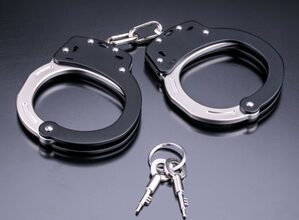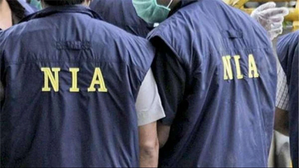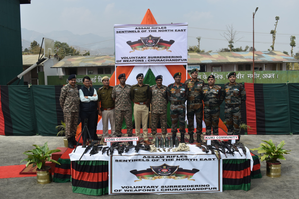Telangana agency to procure drug test kits to trace drug users, peddlers
Hyderabad, Dec 17 (IANS) The Telangana State Anti-Narcotics Bureau (TSNAB) will acquire portable drug detection kits as part of its intensified efforts to make the state drug-free.
IPS officer Sandeep Shandilya, who was last week appointed as the full-time Director of TSNAB, said they will soon be adding field/portable drug detection kits to their armoury. The agency is trying to procure state-of-the-art equipment from world leaders.
“Empty table tops, door handles, wash basins, empty pockets, wallets, hand bags will all carry evidence and we only need to just collect a swab or saliva to run the test. This equipment detects drugs in nanograms concentration,” he said.
The police officer mentioned that all national and international level athletes are tested for banned substances.
In case of any abuse, even after a gap of a few months, the urine sample will contain traces of the drug.
“TSNAB will procure these test kits. You attended a Rave party and did drugs – we can catch you,” he warned.
While assuring that the TSNAB will not vilify or stigmatise those caught, he said to escape arrest, they may have to get enrolled in a de-addiction camp and pass the urine test.
Shandilya revealed that on December 11, he was called upon to give a presentation before Chief Minister A. Revanth Reddy on the current activities of the 6-month-old TSNAB and strategy to meet the challenges of drug abuse in the youth and society, current drug situation in the state and to make Telangana drug-free.
It was told that the TSNAB should become a premier organisation on lines of anti-Maoist Greyhounds and OCTOPUS.
The government promised to provide personnel in the TSNAB with all incentives on par with these organisations including advance increments and accelerated promotion for exceptional work showing exemplary courage.
The IPS officer, who was appointed full-time director the next day, said that their main focus would be on educational institutions, film and IT industry, bars & pubs, rave parties and resorts.
All schools and colleges, both government and private, will have to form Anti-Drug Committees (ADCs). Each committee will have at least 5 members from faculty, parents, students, non-teaching Staff, NGOs, counsellors, de-addiction experts, hostel wardens and district administration including police.
The ADCs should hold periodic meetings about the steps taken to identify those indulging in or abetting drugs peddling/consumption. Teachers, students, and guardians should be explained clearly about the “telltale” signs of drug abuse.
The committees should conduct events like anti-drugs workshops, seminars, orientation programmes, counselling, awareness programmes, education ill effects of drugs, sessions encouraging peer policing among students against drugs and reporting of any notices of drugs by students to authorities.
“Big mafia, drug traffickers, drug suppliers to specific institutes, transporters will be our focus. We will hold meetings and maintain a strict watch over all courier companies, transport companies, bus services carrying parcels informally, maintain a strict vigil on social media, and car rental companies who give self-driven cars on rent,” he said.
Shandilya said they were also aware of the sale of scheduled drugs being sold by medical shops without prescription and some factory premises being used for manufacture of drugs. A close liaison and interaction will be maintained with the Drug Control and Prohibition & Excise Department, Education Department, Social Justice and Empowerment, Narcotics Control Bureau, Directorate of Revenue Intelligence, Health Department and NGOs.
–IANS
ms/vd



